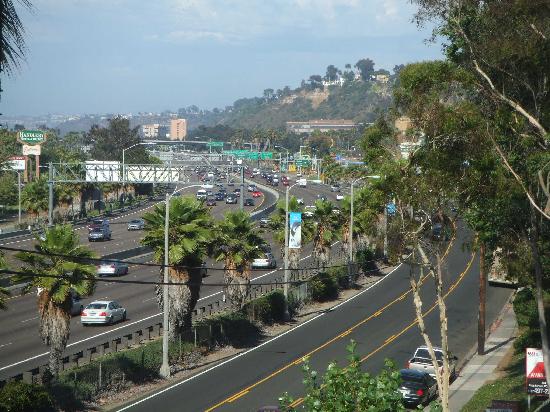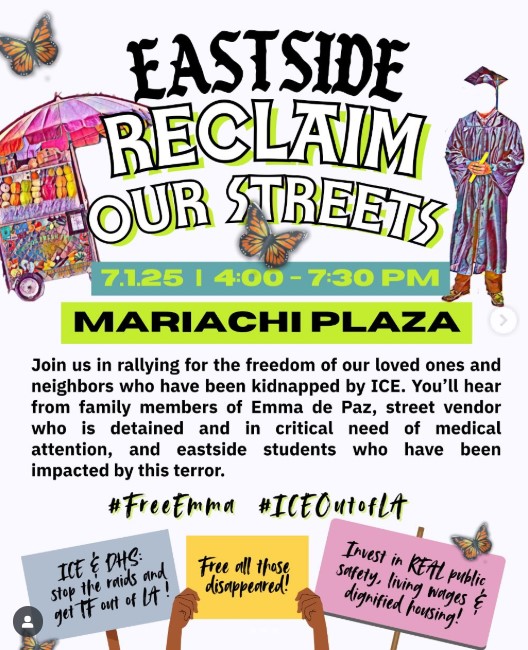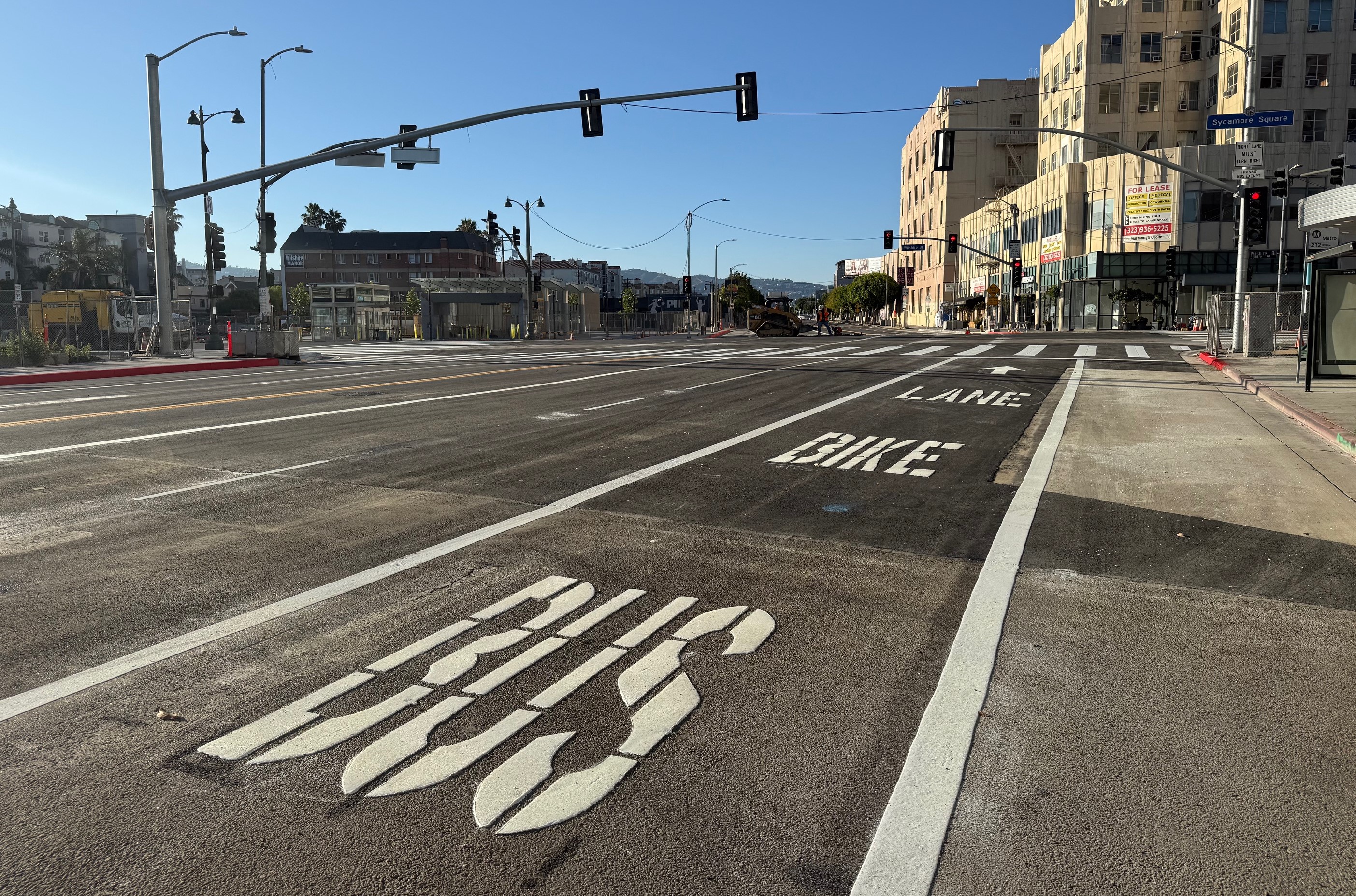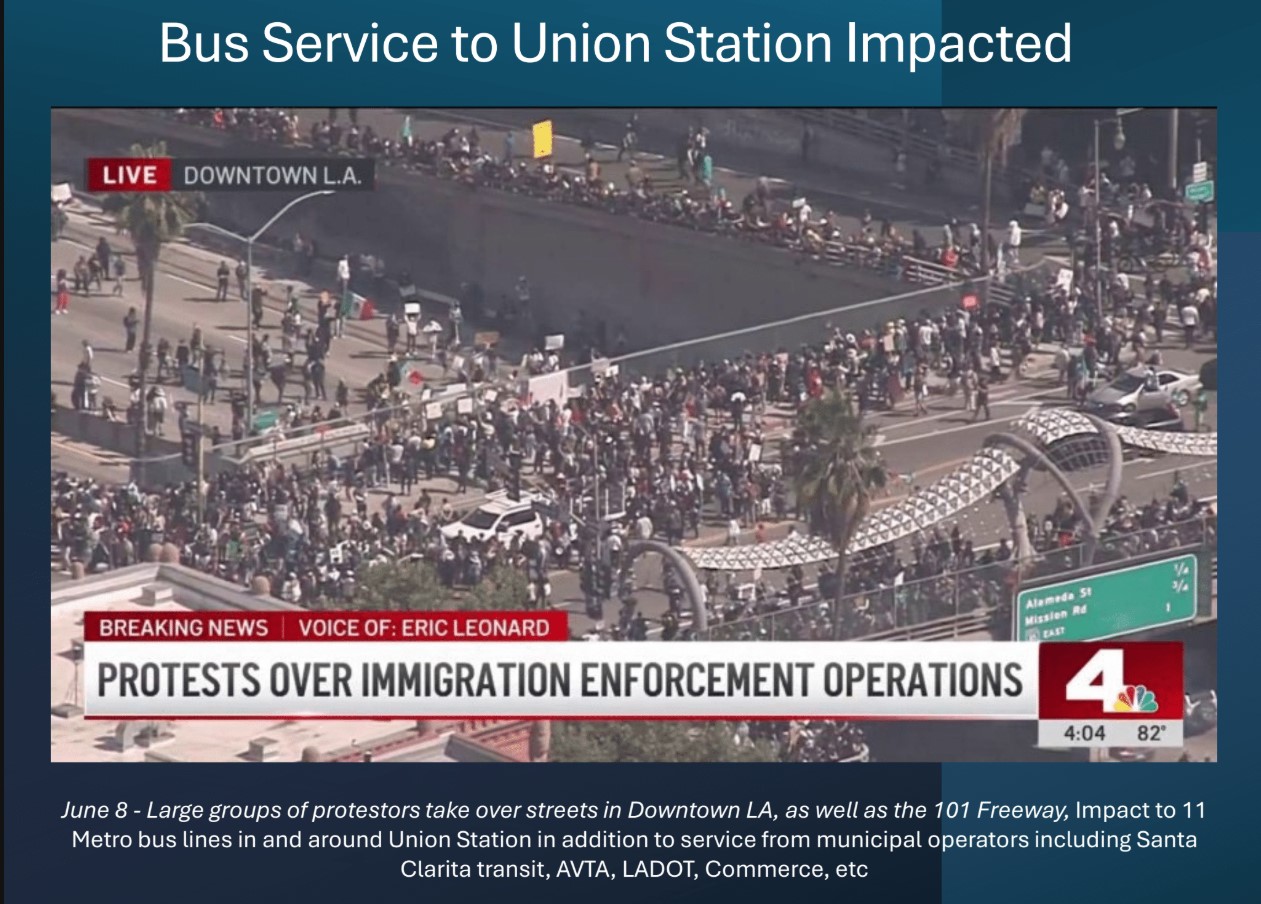
When the San Diego Association of Governments (SANDAG) passed its 2050 Regional Transportation Plan/Sustainable Communities Strategy, it declared a major victory over Greenhouse Gas emissions. The plan was the first plan written to adhere to a 2008 law mandating that long-term transportation plans show a commitment to reducing air pollutants linked to global warming and a slew of public health problems.
However, it didn't take long for the plan to be challenged in court be environmental groups for not going far enough, a legal battle that could have implications throughout the state. A local environmental group known as the Cleveland National Forest Foundation launched a lawsuit against the plan that most observers dismissed as having little chance of winning. Then, the CNFF was joined by other environmental groups, even the California Sierra Club. Then, the Attorney General, Kamala Harris, weighed in. Now, the SANDAG plan, once considered an important test of environmental planning, is also opposed by the Environmental Caucus of the California Democratic Party. The Caucus passed a resolution condemning the SANDAG plan at their February meeting.
“As the first regional government in California to develop a land use plan under the State’s strict new climate change laws, SANDAG has a responsibility to set a path toward a sustainable future,” said Tony L. Hale, Chair of the Environmental Caucus of the California Democratic Party. “Instead, SANDAG’s plan calls for more of the same: sprawl, air pollution, and an increase in dangerous greenhouse gas emissions.”
A full copy of the Caucus' resolution can be found at the end of this article.
The major issue in the lawsuit is is that while the SANDAG plan does outline a major growth in the region's transit network, most of the transit planning is in the last years of the project. The early years call for a rapid increase in the area's highway network through a new high occupancy/toll lane system (HOT Lanes). SANDAG spokespeople claim that because the lanes can be used free by transit, they should be considered transit projects. Not everyone agrees.
Meanwhile, public comment on the plan for the six-county Southern California Association of Government's 2050 Regional Transportation Plan, ended last week. Critics of the draft plan note that it has some of the same issues as the SANDAG plan, notably that funding for active transportation projects are funded towards the end of the plan, not the beginning. A vote on a final plan is expected in March.
Text of Resolution Passed by the California Democratic Environmental Caucus: Plans Should Help Achieve Climate Stabilization
WHEREAS, on October 28 , 2011, the San Diego Association of Governments (SANDAG) Board of Directors voted, over the objection of Congressman Bob Filner, to approve a $214 billion Regional Transportation Plan (RTP) that (1) failed to meet California’s greenhouse gas reduction goals and (2) encourages driving and discourages public transit, by including, for example, a 27-mile-long widening of I-5, from 8 to 12 lanes, a project that is opposed by a long list of organizations, including the Democratic Club of Carlsbad and Oceanside; and
WHEREAS, (1) reducing greenhouse gases and stabilizing our climate is critical to our future well being; (2) cars and light-duty trucks cause 41% of San Diego County’s greenhouse gas emissions, and San Diego has a very high cancer risk from diesel pollution; (3) under California environmental law, SANDAG’s Final Environmental Impact Report must consider the environmental consequences of failing to meet greenhouse gas reduction goals; and (4) SANDAG contends that it is exempt from California’s greenhouse gas reduction goals;
WHEREAS, the Cleveland National Forest Foundation and the Center for Biological Diversity have filed a lawsuit challenging the legality of the RTP’s FEIR and both Sierra Club California (SCC) and Attorney General Kamala Harris have joined this lawsuit;
THEREFORE BE IT RESOLVED that the California Democratic Party’s Environmental Caucus (1) opposes any Regional Transportation Plan that does not meet California’s greenhouse gas reduction goals; (2) commends Attorney General Kamala Harris; (3) commends Congressman Bob Filner for his courageous speech to SANDAG on October 28 , 2011, and (4) commends CNFF, CBD, and SCC for their courageous fight to improve our region’s transportation and land-use planning.






